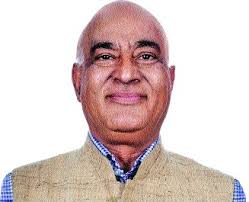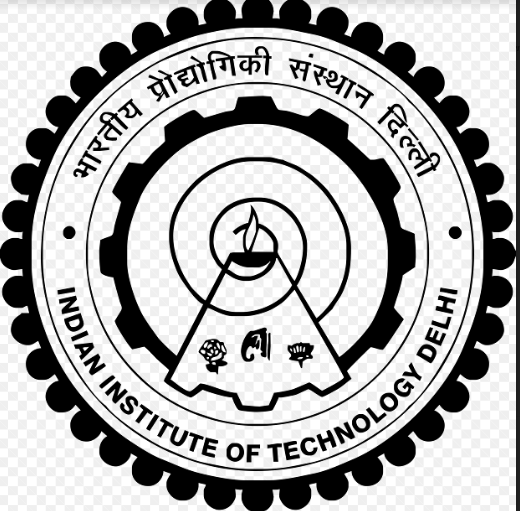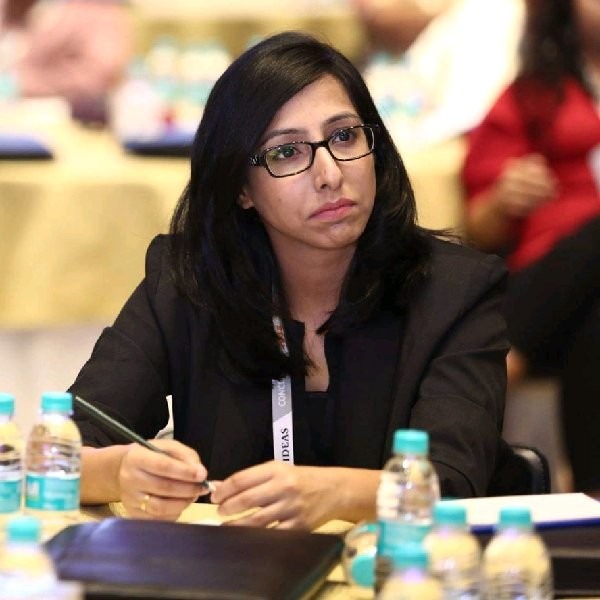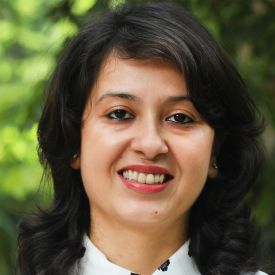Fatal oblivion: India's National Family Benefit Scheme
The National Family Benefit Scheme (NFBS) – which provides financial assistance to families in the event of the death of a breadwinner – has been plagued by low budget allocations, restricted cove...
-
 Jasmin Naur Hafiz
Jasmin Naur Hafiz  03 January, 2022
03 January, 2022
- Perspectives
The implications of India’s spatial development
Mahatma Gandhi once said, “poverty is the worst form of violence”. In this piece, Ejaz Ghani highlights India’s poverty burden, its regional disparities and convergence thereof. He highlights ho...
-
 Ejaz Ghani
Ejaz Ghani  30 September, 2022
30 September, 2022
- Articles
Beyond leaky pipes: Fixing enrolment systems of welfare schemes
Policy initiatives of JAM (Jan Dhan Yojana, Aadhaar, Mobile numbers) trinity and direct benefit transfer focus on unclogging the supply of benefits under welfare schemes by reducing payment leakages....
-
 Shrayana Bhattacharya
Shrayana Bhattacharya  Soumya Kapoor Mehta
Soumya Kapoor Mehta  Rinku Murgai
Rinku Murgai  09 December, 2015
09 December, 2015
- Articles
Angus Deaton's ideas for India
In a tribute to Angus Deaton, the 2015 Nobel laureate in Economics, Diane Coffey and Dean Spears – former graduate students of Prof. Deaton at Princeton University – review some of his work on th...
-
 Diane Coffey
Diane Coffey  Dean Spears
Dean Spears  30 October, 2015
30 October, 2015
- Perspectives
The coexistence of prosperity and poverty in India
Credit Suisse recently reported that the richest 10% Indians own about 75% of the country’s wealth, highlighting the growing problem of inequality. This column presents trends in inequality in Indi...
-
 Dhairiyarayar Jayaraj
Dhairiyarayar Jayaraj  S. Subramanian
S. Subramanian  21 October, 2015
21 October, 2015
- Articles
Angus Deaton: The real world economist
In a tribute to Angus Deaton, recipient of this year’s Nobel Prize in Economics, Maitreesh Ghatak, Professor of Economics at the London School of Economics, outlines Deaton’s contribution to econ...
-
 Maitreesh Ghatak
Maitreesh Ghatak  20 October, 2015
20 October, 2015
- Perspectives
Can microcredit improve food security among the rural poor?
A core objective of microcredit in Bangladesh is to make the rural poor more food secure. To what extent has this been achieved? Analysing household data from Bangladesh, this column finds that parti...
-
 Asad Islam
Asad Islam  Chandana Maitra
Chandana Maitra  Debayan Pakrashi
Debayan Pakrashi  Russell Smyth
Russell Smyth  28 September, 2015
28 September, 2015
- Articles
Are self-help groups helpful?
While a lot of funding goes towards community-driven development projects, rigorous evidence on their socioeconomic impact is limited. This column evaluates the impact of JEEViKA – a rural liveliho...
-
 Upamanyu Datta
Upamanyu Datta  11 September, 2015
11 September, 2015
- Articles
Income inequality in India: Trends from the World Top Incomes Database
Given the lack of reliable wage or asset data, tax returns-based World Top Incomes Database is important for measuring income and wealth inequalities. Analysing the India series of the database, this...
-
 Amit Basole
Amit Basole  31 August, 2015
31 August, 2015
- Articles
A symposium on Piketty - II: Capitalist dynamics and the plutocrats
In the last part of the series on Piketty, Pranab Bardhan, Professor of Economics, University of California, Berkeley, discusses the implications for further study that Piketty’s book has for devel...
-
 Pranab Bardhan
Pranab Bardhan  17 June, 2015
17 June, 2015
- Perspectives
A symposium on Piketty: Introduction
Thomas Piketty’s book on ´Capital in the Twenty First Century’ has made waves. The fact that a 700-odd page tome full of numbers and graphs can become an international bestseller is itself notewo...
-
 Ashok Kotwal
Ashok Kotwal  15 June, 2015
15 June, 2015
- Symposium
A symposium on Piketty - I: Nit-Piketty
In this part of the series on Piketty, Debraj Ray, Professor of Economics, New York University, attempts to clear the confusion caused by the theoretical discussion in Piketty’s book.
-
 Debraj Ray
Debraj Ray  15 June, 2015
15 June, 2015
- Perspectives
Private investment and income disparity across Indian states
Liberalisation reforms in India in the 1990s offered private investors the freedom to choose their investment location in the country. This column finds that income disparity across low-income states...
-
 Jagannath Mallick
Jagannath Mallick  03 June, 2015
03 June, 2015
- Articles
Big and small ideas in development economics: Theory, evidence and practice
Karthik Muralidharan, Associate Professor of Economics, University of California, San Diego speaks with Kaushik Basu, Chief Economist and Senior Vice President, World Bank and former Chief Economic A...
-
 Kaushik Basu
Kaushik Basu  Karthik Muralidharan
Karthik Muralidharan  03 February, 2015
03 February, 2015
- Videos
Twitter feed
Tweets by Ideas4IndiaMost Popular Poverty & Inequality Posts
Wealth inequality, class, and caste in India: 1961-2012
The level of wealth inequality in India is close to that of some highly unequal countries in the world. This article assesses the long-term evolution of wealth inequality in the country for the period...
 Nitin Kumar Bharti
Nitin Kumar Bharti  28 June, 2019
28 June, 2019
- Articles
Covid-19: What can be done immediately to help vulnerable population
With over 80% of India’s workforce employed in the informal sector and one-third working as casual labour, Covid-19's spread and subsequent unplanned lockdowns, have created economic havoc in the li...
 Reetika Khera
Reetika Khera  25 March, 2020
25 March, 2020
- Perspectives
EWS reservation in higher education: Affirmative action or vote bank politics?
The Constitution (103rd Amendment) Act, 2019, provides for 10% reservation for the economically weaker sections (EWS) in higher educational institutions within the general category. In this post, Devi...
 Devika Malhotra Sharma
Devika Malhotra Sharma  11 September, 2019
11 September, 2019
- Perspectives





 13 June, 2022
13 June, 2022





